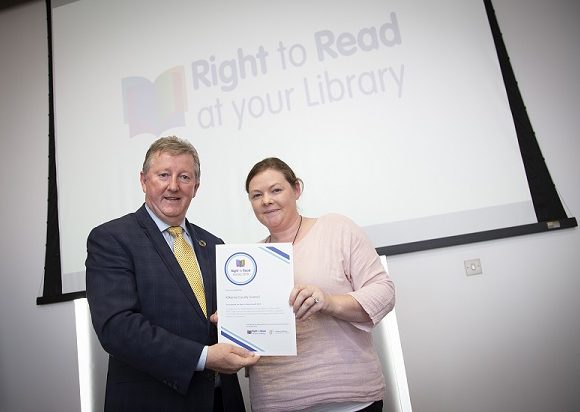MICHAEL WOLSEY: Sonia and the census get the gender question right

The first personal question on your census form asks your name; the second says ‘what is your sex’. You have a simple choice, male or female.
If you had been living in Scotland when its census was conducted last month you would have found that question more complicated.
There you would have been able to select a third option of ‘transgender’ . The Scottish form offered this guidance: “If you are transgender, the answer you give can be different from what is on your birth certificate. You do not need a gender recognition certificate.”
So if you were born a man but feel you are a woman, that is how you would be recorded for Scottish statistical purposes.
Some people wanted the Irish census question framed in the same way and are urging the government to change it for the next one.
Ministers should approach this issue with extreme caution. It is a bomb in a minefield, a weapon in a war over transsexual definition that has deeply divided society in Britain, although it has so far had little impact in Ireland.
The Scottish census question is in line with legislation passed by the parliament in Edinburgh which allows anyone to change the gender on their birth certificate simply by making “a legally-binding declaration that they intend to live permanently in their acquired gender”.
This has led to contradictory rulings from the Scottish courts. They upheld the parliament’s right to pass such legislation but ruled that public boards have a duty to ignore it.
The boards are governed by another piece of legislation which obliges them to ensure fair and equal treatment for women. That law says public bodies in Scotland must reserve places for women. It becomes pointless if men can claim the places simply by declaring themselves to be women.
Scottish courts were also worried the legislation might damage the accuracy of data. You can’t, the appeal court argued, defend the rights of women if your data does not reliably distinguish between men and women.
There are particular worries about the accuracy of criminal data, because a number of male rapists have self-identified as female and been recorded as such.
Maya Forstater, executive director of campaign group Sex Matters, says police are putting the feelings of a perpetrator of a sexual crime ahead of the reality of the victim. “Imagine being the victim of that kind of crime and hearing the police and the courts calling your abuser a woman when you know that the person that assaulted you was a man.”
In Britain, the gender war has claimed a number of prominent names, including the writer JK Rowling who was subjected to extreme levels of abuse after she took issue with an article that referred to “people who menstruate”.
” I’m sure there used to be a word for those people,” she wrote. “Someone help me out. Wumben? Wimpund? Woomud?”
Our own Sonia O’Sullivan has run into similar, if less vicious, criticism for saying that ‘transgender women’ should not be allowed to compete in sport against ‘biological women’.
It wasn’t fair, she said, that women who had been competing and training throughout their lives should suddenly face a competitor who had been a man and who retained the greater physical strength of a man.
Sonia’s comment was prompted by the case of swimmer Lia Thomas who competed without much success on the University of Pennsylvania men’s team, then became a winner on the women’s team.
Sonia O’Sullivan made it clear that she had no issue with transgender women in general. JK Rowling said she “respects every trans person’s right to live in a way that feels comfortable to them” .
I agree. The issue is not with biological men who say they are women, or women who say they have transitioned to be men. The issue arises when we try to define their claims in law, be it the law of the land or the law of a sport.
I am perfectly happy to refer to a trans woman as Ms, or any other title she wishes to use, and I do not want her to be disrespected or stigmatised in any way. But there are times when a distinction needs to be made.
There are places and spaces and events that have, for good reasons, been set aside for women. Before we remove the dividing walls we need to be very clear about the consequences.




